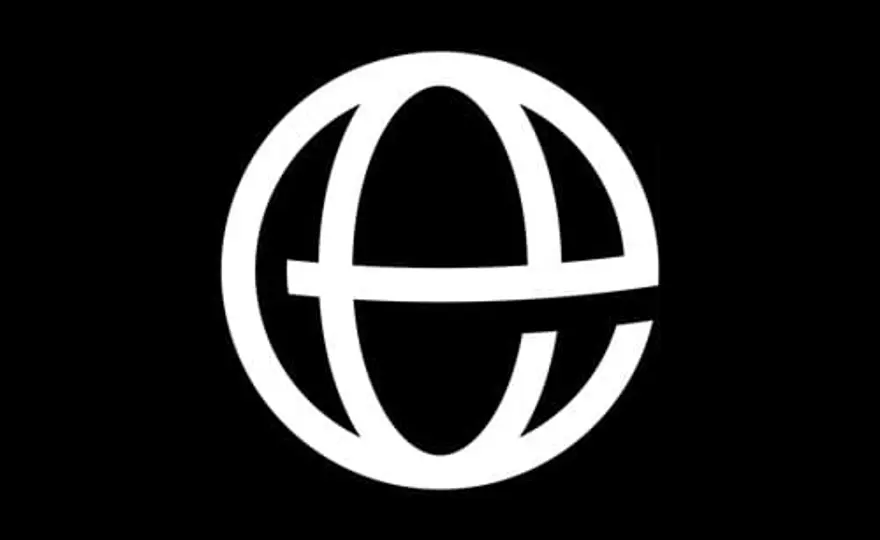ClientEarth Communications
19th December 2017


The judge in ClientEarth’s case against the Brussels government over the city’s illegal air pollution has found that the authority’s current plans to clean it up are inadequate, but requested further guidance from the Court of Justice of the European Union (CJEU) before making a final decision.
While seeking clarification from the CJEU, the court stated expressly that the Brussels government’s current “Air-Climate-Energy Plan” does not meet requirements for air quality plans under the Air Quality Directive 2008/50/EC.
According to the court, the current plan does not include “appropriate measures” to ensure that exceedances of air pollution limits are kept as short as possible. Moreover, the judge stated that measures that will take five years to be implemented can hardly be considered adequate to ensure compliance in the shortest time possible.
ClientEarth lawyer, Ugo Taddei said: “We were very surprised to see the Brussels authorities claim this judgment as a victory. Despite not issuing a final decision, the court has sent a clear message that the Brussels government’s plan is inadequate to improve air quality in the shortest time possible.
“We are confident that the CJEU will side again with ClientEarth and uphold Brussels citizens’ right to clean air.
“Meanwhile, the government should listen to the clear warning from the Brussels court and take action immediately to adopt a real air quality plan that meets EU requirements. The longer they delay, the greater the harm to the health of everyone living and working in Brussels.”
The current “Air-Climate-Energy Plan” clearly fails to meet EU requirements for air quality plans. However, the judge is seeking clarification from the CJEU on how authorities should assess compliance with air quality limits. Only where limits are exceeded are the relevant authorities obliged to adopt an air quality plan.
The Brussels government has repeatedly acknowledged the exceedance of the nitrogen dioxide (NO2) limits in several official documents, including in the current “Air-Climate-Energy Plan” and in the latest report to the EU Commission in September 2017.
The CJEU has also been asked to examine whether a national court can order a monitoring station to be installed in the most polluted streets. The response from the CJEU on this question will help the Brussels court to decide if additional monitoring stations should be placed in Brussels’ most polluted roads, including Rue de la Loi and Rue Belliard.
One of the claimants, Karin De Schepper said: “We are pleased to see that the judge is taking this matter very seriously and is seeking guidance from the CJEU. For my kids and all kids in Brussels, I hope this doesn’t stop the Brussels government and every single mayor in Brussels stepping up their ambition.”
Lies Craeynest, another claimant added: “The letter from 100 doctors and scientists a month ago left no doubt about the seriousness of the health impact and the need to act urgently.”